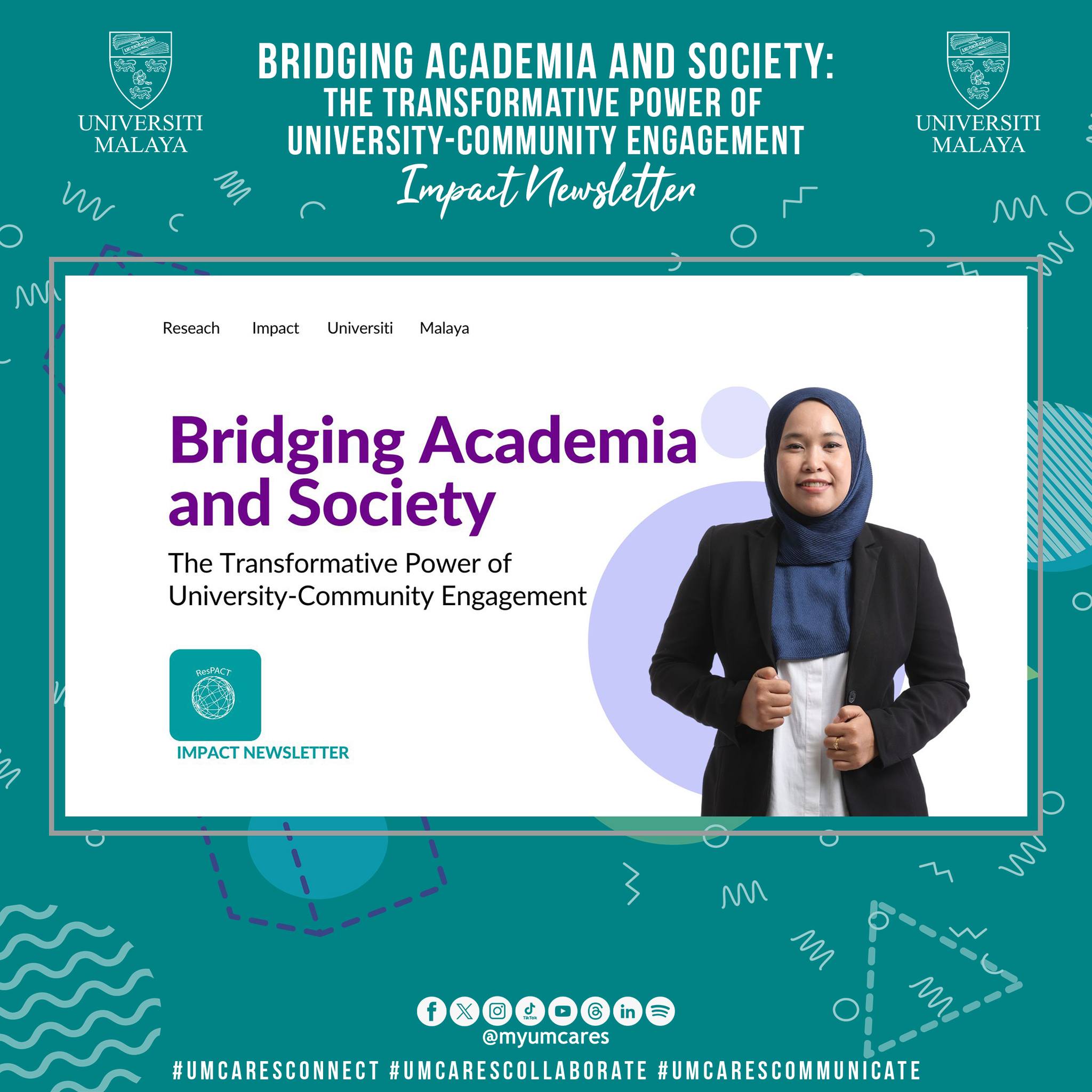Bridging Academia and Society: The Transformative Power of University-Community Engagement
The dynamic interplay between universities and their surrounding communities has emerged as a critical pathway for translating research findings into societal impact. The crucial role of university- community engagement as a bridge that not only enriches academic pursuits but also ensures that research outcomes tangibly benefit society. This collaborative approach, we assert, is central to realizing the full potential of academic research.
Traditionally, university research was an insular activity, largely disconnected from the outside world. While academically sound, this approach often led to a gap between the ivory tower and the community. The modern approach, on the other hand, is based on university-community engagement and allows for a more holistic and impactful application of academic research. University-community engagement, as its core, is a collaborative effort to align academic research with community needs. This partnership brings together a wide array of stakeholders, including local businesses, government agencies, non-profits, and communities. It transforms the traditional role of academic institutions into active community members.
What benefits does university-community engagement bring to the quality and impact of academic research?

Last Update: 09/02/2024